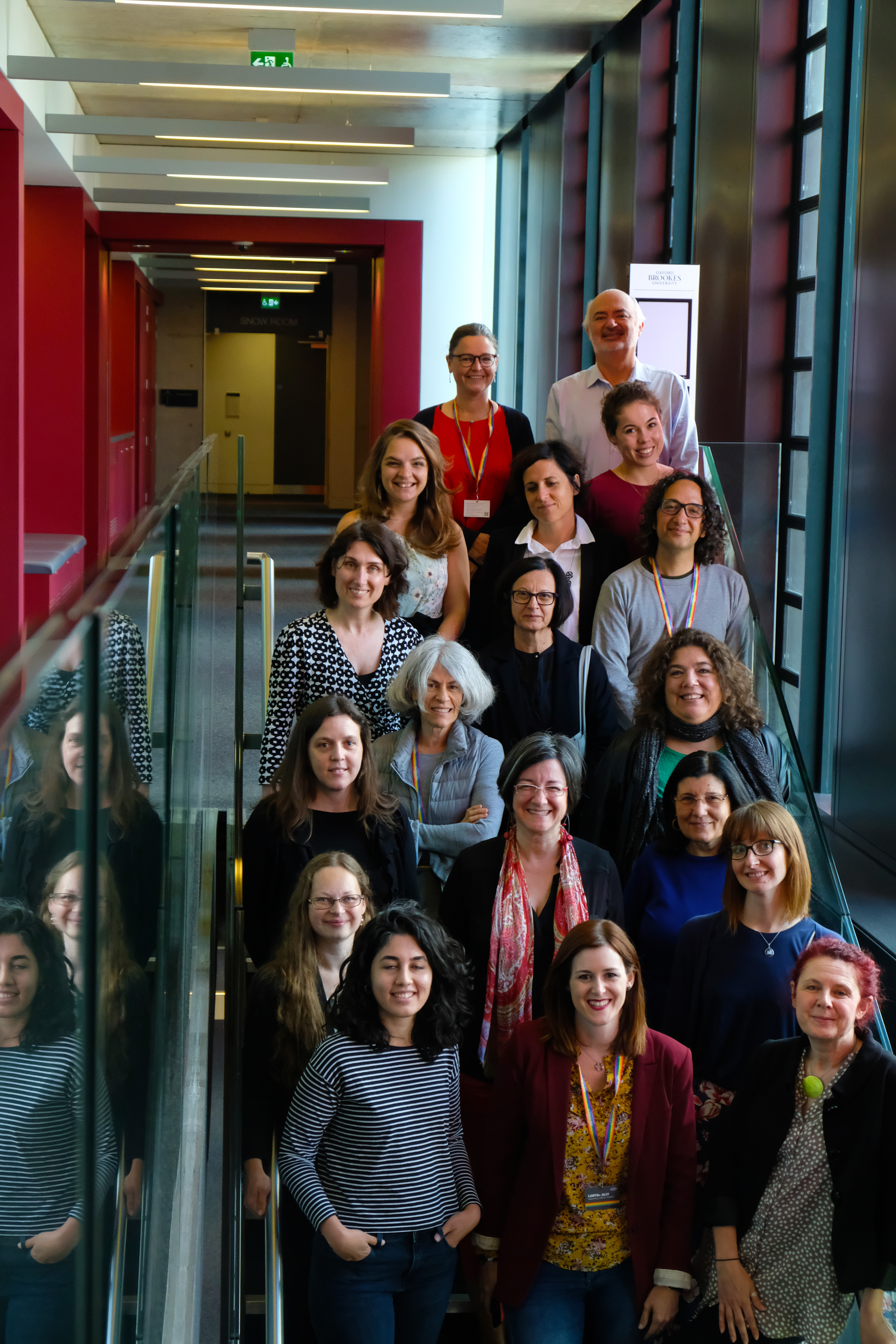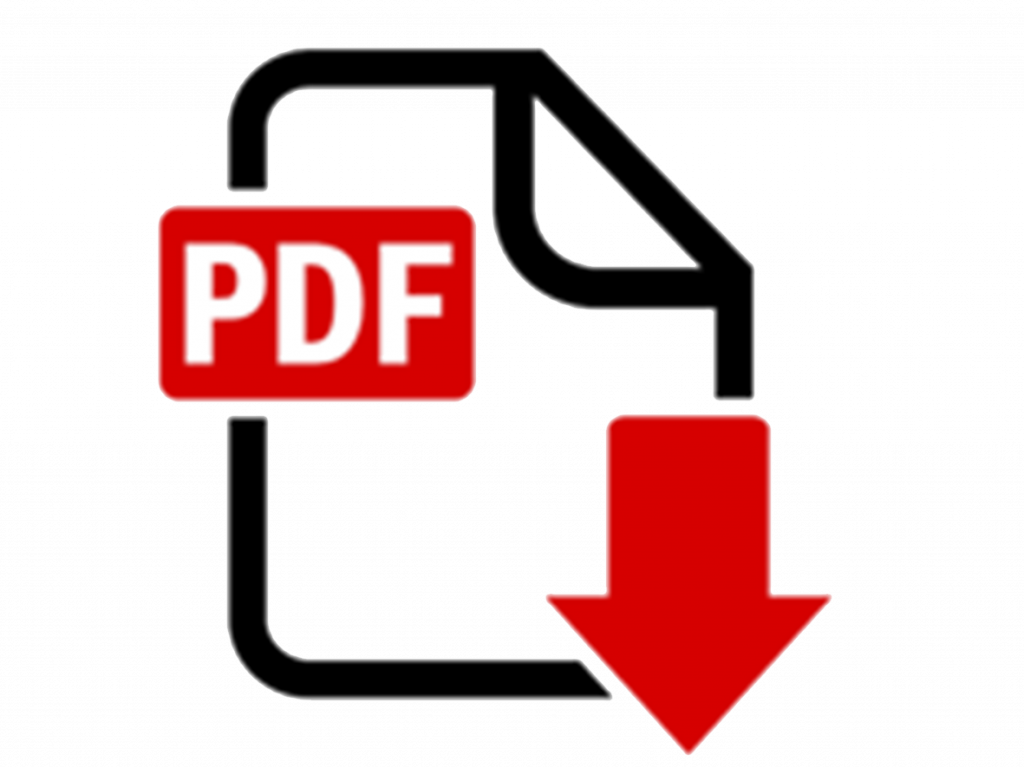
12 Jul Mutual Learning and the GEP Design: The role of facilitated co-creation and innovation
As we are nearing 8 months since the launch of the GEARING-Roles project, the design of the GEPs (Gender Equality Plans), that will be implemented during the project, are taking shape. The launch of an ambitious project such as GEARING-Roles, is made possible by its partner institutions and made successful by the vast representation of expert partners in a variety of fields including gender, sociology, business, and psychology who bring knowledge and structure to the design process. From 19-21 June, GEARING-Roles hosted a Mutual Learning visit at Oxford Brookes University. This Mutual Learning visit provided a platform for partners to discuss, reflect and share considerations for the design of the GEP at each implementing institution. A GEP consist of three main parts: a Gender Analysis in which the current situation is mapped and analysed, a Gender Plan which brings together the objectives and actions to solve the problem(s), and a Monitoring and Evaluation assessment to determine its effectiveness and efficiency.
This Mutual Learning visit was facilitated by Yellow Window who are the leaders of WP 7 which consists of capacity building, training, and support. The Mutual Learning visit included a three day training exercise which guided the consortium partners in their strategic thought and design processes pivotal to a successful GEP design and implementation. With Yellow Window’s expertise in gender trainings and group facilitation, the consortium partners were able not only to examine the components and complexity of a GEP design in detail, but also to develop a clear roadmap towards the tailored and contextual GEP design for each partner institution, based on the participative sessions implemented at each partner institution. As the GEP is targeted at structural change in organisations and research institutions, the meeting began with a discussion on the current state of gender equality within three of the implementing partner institutions attending the visit.
It was inspiring to see the progress towards gender equality in our partner institutions. At the University of Ljubljana, the Faculty of Arts boasts an impressive 55% female led (29 female and 24 male members) Senate, which is the faculty’s governing body and oversees all decision-making processes. Furthermore, 49% of full professors at the university are female, and its 18 research centres are headed equally between 9 female and 9 male members. The University of Deusto, as coordinator of GEARING-Roles, embraced the need for structural gender equality change by discussing the importance of building partnerships between project staff and university management for achieving gender equality. It was a pleasure that Alvaro de la Rica, Dean of the Deusto Business School, and Juanjo Exteberria, Vice Rector for the University Community at Deusto were invited to the Mutual Learning visit and reiterated the need for including gender considerations in management, research, and training within their institutions. Oxford Brookes University’s own presentation also expressed a deep commitment to including a stronger emphasis on gender considerations. The members of the Oxford Brookes team, highlighted three guiding principles which they seek to follow: dignity and respect, a non-discriminatory space, and a safe and supportive environment for both staff and students. While the figures presented were somewhat positive in showcasing women as progressing in their careers, they also highlighted the ever-increasing need for more effective policies and strategies to assist and support women in both their professional and personal lives. The data presented impresses when considering the numerous threats academic staff have faced in light of pursuing gender equality and inclusive language, and is reflective of the growing trend towards online, social, and physical harassment being experienced across Europe by academics directed both towards themselves and their families, such as in Hungary, Turkey, Slovenia, and Poland.
Additionally, within the Mutual Learning visit, a number of key considerations were discussed. These included:
- More attention must be allocated to issues of leadership and teamwork
- Challenges and resistance may be understood from a gender perspective
- A better understanding on the relationship between culture and strategy and how this relationship affects, and is affected by gender equality plans
- A mutual belief that GEP must be sustainable beyond its four year implementation period, which involves the commitment of both stakeholders and the research community.
To assist in the GEP process, the first day of the training went back to basics by discussing the categories seen in our daily lives, such as the differences between sex and gender, and the impact of gender equality plans. Diversity and intersectionality were also discussed for their importance in changing the way in which women are valued and how occurrences of discrimination and privilege may be eliminated both in the work space and in women’s personal lives. The significance of a strong network in the success of the GEP cannot be underestimated and all partner institutions were requested to develop a Gender Task Force in which the key actors were identified, including the GEP core team and the wider network of resources.
This brainstorm exercise was only one of numerous exercises undertaken by the partners during the three day training in which different components of the GEP design and analysis were discussed. This included discussing the use of observatory and participatory exercises in identifying needs and opportunities, and how to best maximise the capacity and end-results of these exercises. Co-creation became a key concept to be used to involve both internal and external actors in an accumulation of relevant knowledge and experience to identify a problem, and to develop possible solutions to the problem, the key being creativity and innovative thinking. For example, while a Causal Diagram exercise encourages critical thinking in identifying a problem and its underlying causes, the Lotus Flower Brainstorm exercise stimulated problem-solving by breaking down its parts and analysing the complex dimensions to structural change through problem analysis. Reflecting on these exercises it became clear that developing and implementing a GEP is contingent on the continued cooperation with management structures, and a continuous reflection on the shifting factors which contribute to gender inequality.
The training ended on day three with reflections on institutional change, and the lessons we learnt. A key take-away was that, when working towards gender equality, the emphasis must be on structural change and not ‘fixing women’. This attitude results in reproducing an oppressive and discriminatory system. Implementing a GEP is dependent on a multitude of factors and this productive Mutual Learning visit brought its design process to the forefront where the various elements were discussed, dissected, and improved upon. All the GEARING-Roles partners benefited immensely from such a stimulating training and were equipped with the necessary knowledge and resource material to successfully design a tailored GEP. It is with great pleasure that we look forward to the next GEARING-Roles partner meeting in Lisbon, hosted by our colleagues at The institute of Geography and Spatial Planning at the University of Lisbon.




No Comments